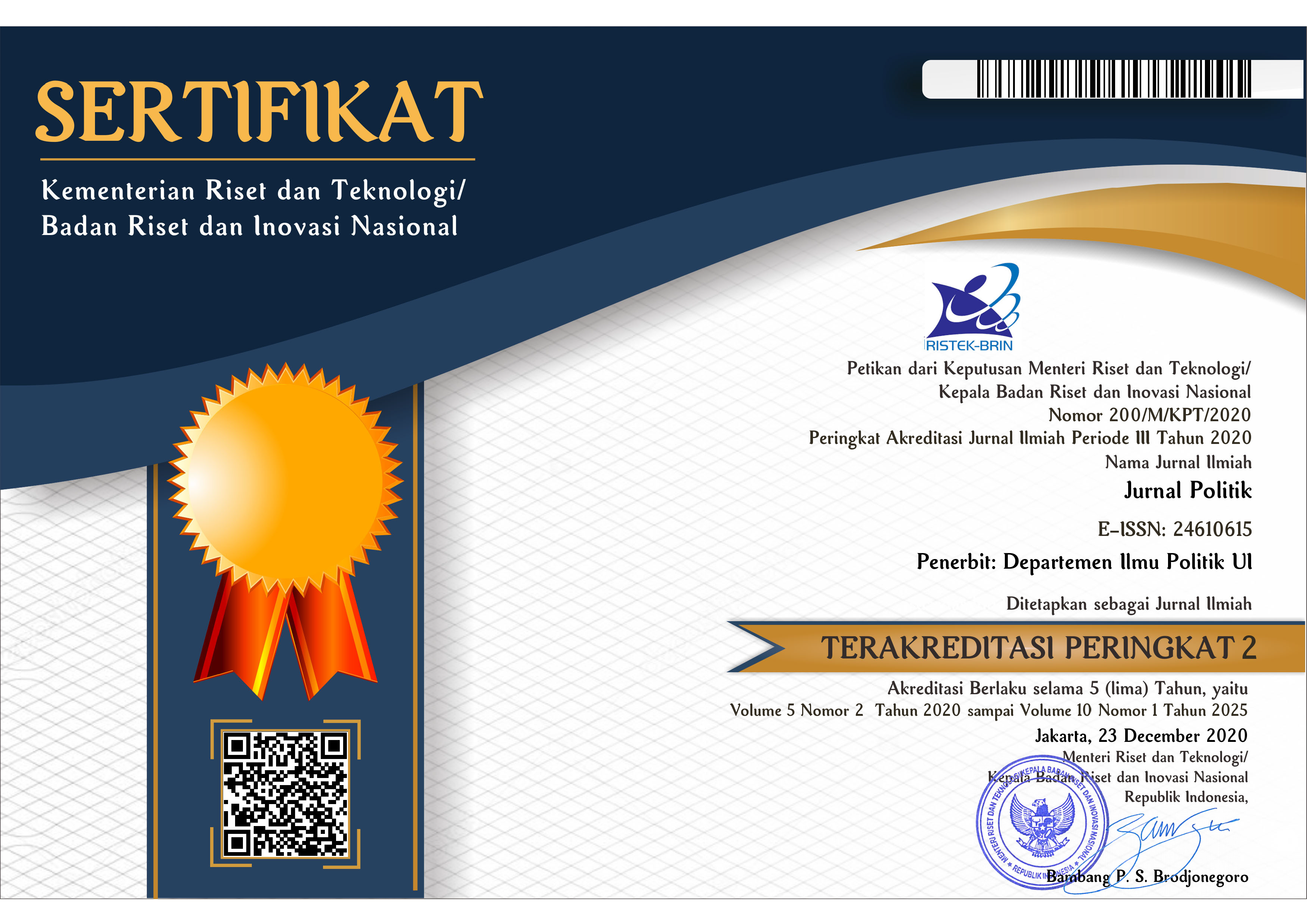Abstract
The Basic Agrarian Law No. 30 Year 1960 stipulates that the Indonesian state (both the central and regional governments) is the sole authority on land that may control and give out land rights to its citizens. However, the implementation of Yogyakarta Special Region Law No. 13 Year 2012 (UUK) did not only give the Sultanate of Yogyakarta a definite status as a legal entity, but also its claims on and authority over its owned land, the Sultanaat Grond (SG). A formal law approach views such arrangement as a result of the pluralism of law and suggests the unification of law as the way out. This article argues that pluralism of law is not a result of mismanagement of governance, but rather a feature of Indonesian state building since colonial times to the present days. By using a theory of land tenure regime, this article argues that UUK Year 2012, which institutionalises and reinvigorates SG as royal land of the Yogyakarta Sultanate, is a logical outcome of the layered authority of the Indonesian state -between the central and regional governments- and the re-emergence of the politics of traditionalism taking place since post-Reformasi.
Recommended Citation
Pranoto, Carolus Bregas
(2017)
"Pembangunan Negara, Hukum Pertanahan Indonesia, dan Kembalinya Tanah Kasultanan di Yogyakarta,"
Jurnal Politik: Vol. 3:
Iss.
1, Article 2.
DOI: 10.7454/jp.v3i1.1093
Available at:
https://scholarhub.ui.ac.id/politik/vol3/iss1/2
Included in
Defense and Security Studies Commons, Other Political Science Commons, Public Administration Commons


